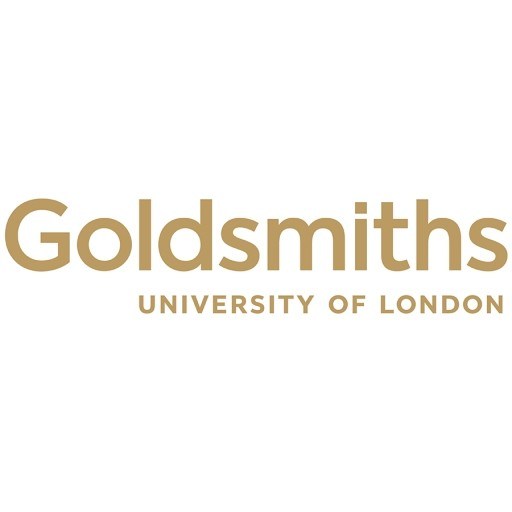The Comparative Literature program at Rutgers University-Camden offers students a comprehensive and interdisciplinary education that explores literature, culture, and critical theory across multiple languages and geographic regions. Designed to foster analytical thinking and cultural awareness, the program encourages students to engage deeply with texts from different parts of the world, examining them through various theoretical frameworks and historical contexts. Students will have the opportunity to study works in their original languages, as well as in translation, gaining a nuanced understanding of comparative literary phenomena and their cultural significance. The curriculum is flexible and interdisciplinary, allowing students to focus on specific regions such as Latin America, Europe, Asia, or Africa, or to develop thematic concentrations such as gender studies, postcolonial theory, or translation studies. Rutgers-Camden’s dedicated faculty members are scholars and critics with expertise in diverse linguistic and cultural fields, providing personalized mentorship and guidance throughout the program. The program aims to develop not only literary knowledge but also critical skills such as writing, research, and analysis, preparing students for careers in academia, publishing, international relations, or any field that values intercultural understanding. Students are encouraged to participate in study-abroad programs, internships, and research projects to enhance their educational experience and global perspective. Graduates of the Comparative Literature program will be equipped with a sophisticated understanding of world literatures and cultures, as well as the ability to engage with complex texts and ideas in a multilingual and multicultural context. This program is ideal for students passionate about languages, literature, and global cultures who seek a rigorous and enriching academic experience in a dynamic university environment.
Detailed Course Facts
Application deadline February, October Tuition fee- USD 13683 Year (National)
- USD 27978 Year (International)
- English
Course Content
Core CoursesThree courses constitute the foundation of the option in Comparative Literary Studies. In them, students learn the fundamentals of comparative methodologies and engage in sophisticated analyses of literary production in multiple cultures.
- Literature across Borders
- Introduction to Literary Theory
- Capstone Seminar Workshop
English Language Requirements
IELTS band : 6.5 TOEFL paper-based test score : 550 TOEFL iBT® test : 79
To study at this university, you have to speak English. We advice you to
take an IELTS test. More About IELTSRequirements
Our primary emphasis is placed on the students academic promise as demonstrated by:
- completion of required entrance subjects
- academic performance in high school or its equivalent:
- strength of academic program (number/type of academic, honors, or advanced placement courses completed)
- grades and grade trends
- weighted grade-point average(s)
- cumulative rank, when available
- SAT and/or ACT scores
- English Proficiency Examination results, when required
Work Experience
No work experience is required.
Related Scholarships*
- Academic Excellence Scholarship
"The Academic Excellence Scholarship can provide up to a 50 % reduction in tuition per semester. These scholarships will be renewed if the student maintains superior academic performance during each semester of their 3-year Bachelor programme. The scholarship will be directly applied to the student’s tuition fees."
- Alumni Study Travel Fund
Scholarships for students who are already attending the University of Reading.
- Amsterdam Merit Scholarships
The University of Amsterdam aims to attract the world’s brightest students to its international classrooms. Outstanding students from outside the European Economic Area can apply for an Amsterdam Merit Scholarship.
* The scholarships shown on this page are suggestions first and foremost. They could be offered by other organisations than Rutgers, The State University of New Jersey.
Funding
Rutgers uses your FAFSA to develop a financial-aid package based on your qualifications, financial need and the funds available to the university. Your package may include any or a combination of these major financial aid sources:
- Gift aid does not require repayment and is divided into three categories: grants (which recognize financial need) and scholarships and awards (which recognize academic merit, special talents, or other achievements).
- Loans must be repaid (usually after graduation) and can come from private lenders as well as federal, state and university sources.
- Work-study allows students to earn money for college expenses while gaining valuable skills - often in their intended field.
Accreditation
The Rutgers name is recognized everywhere, and a Rutgers degree makes a great first impression. Weve built our academic reputation on solid accomplishments:
- Rutgers is a memberso are Harvard, Yale, and Berkeleyof the prestigious Association of American Universities, the 61 leading research universities in North America.
- More than 175 Rutgers research centers support pioneering work in stem cells, climate change, DNA analysis, and more.
- Rutgers international reputation draws top students from more than 130 countries and all 50 states.





